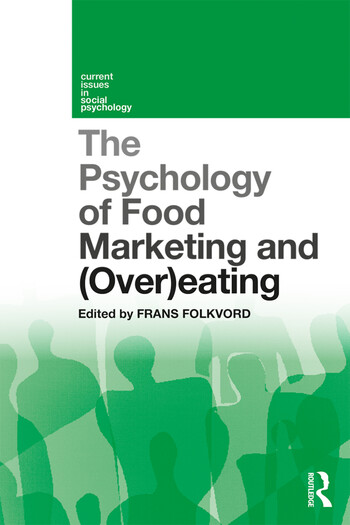Economics and Grocery Choices
In the richest part of the world, pockets of society exist where health outcomes sometimes derive from a lack of healthier food options.

In the richest part of the world, pockets of society exist where health outcomes sometimes derive from a lack of healthier food options.
In Detroit, a case-in-point for rust belt urban economics, 92% of stores selling groceries are primarily liquor purveyors, known colloquially there as "party stores." A survey report from Metropolitan Organizing Strategy Enabling Strength showed last year that the city lacked even one chain grocery store with only a couple of independents, the remaining stores offering expired produce and meats -- with 22% of stores in the city selling poor quality fruits and 18% selling past-prime vegetables.
"City residents are stuck between a rock and a hard place," said Minsu Longiaru, an organizer of the survey. "On one hand, people are being told to make healthy choices. But if you look at the food environment, those options are not available and not equally available to all."
Now, a new study published in the American Journal of Clinical Nutrition bolsters the idea that many people would make better dietary choices were they economically viable. Aside from obvious lack of availability in cities such as Detroit, lower prices would draw more people to consuming a healthier diet of fruits and vegetables, said Wilma Waterlander, a research fellow at the School of Population Health at the University of Auckland in New Zealand.
"Many people argue that we should educate the population better about healthy eating; however our results clearly show that that is not the direction to go," Waterlander said. "Price changes are really needed."
In the study, Waterlander and colleagues followed 151 randomly divided Dutch people into four groups, giving some coupons for 50% price reductions on produce, an incentive they tested along with increased education -- cookbooks and dietetic consultations.
After six months, those with both coupons and cookbooks bought more vegetables, 12 pounds more than previously, while people with just coupons bought 9 pounds more. Those with no coupons or only cookbooks failed to change their purchasing behavior.
"I think it tells us that we know we need to do more than just educate people," Glorian Sorensen, a researcher at Dana-Farber Cancer Institute in Boston, told Reuters.
Looking for a reprint of this article?
From high-res PDFs to custom plaques, order your copy today!






